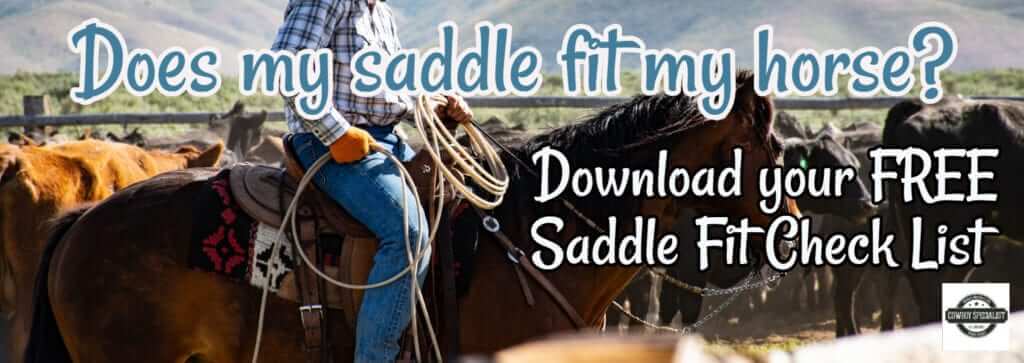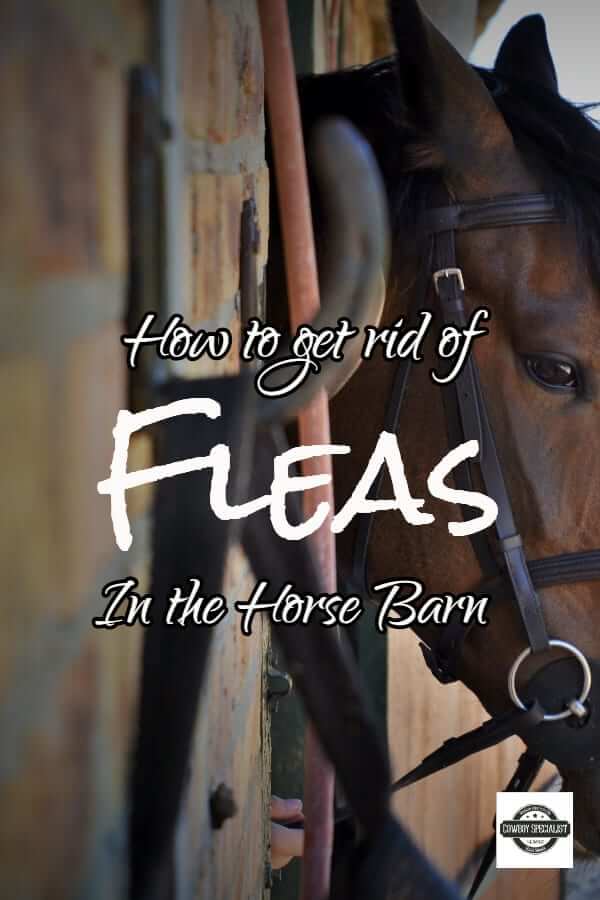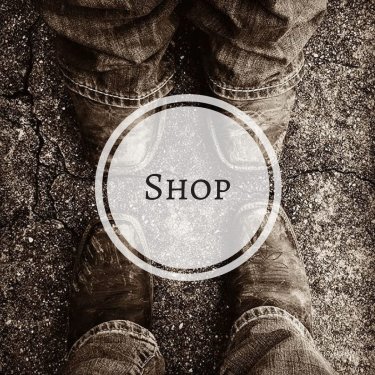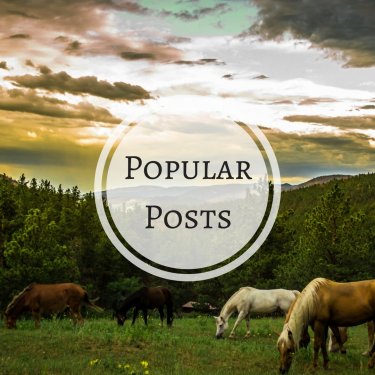Guest Post by Owais Shah
Introduction
Flea attack is a matter of great concern. Especially, for horse keepers because they adversely affect the performance and vigor of horses. Fleas multiply faster than our imagination. Because, once a flea has found its host to feed on, it never jumps to another animal even in the same specie
For example, if it has stuck itself to a horse it will never jump to next horse. It is their eggs that will hatch and find the next horse to feed on.



Almost 2500 different species world widely of flea been identified by taxonomist till now, most of them are parasitic in nature and few are scavengers. Flea attack warm-blooded animal and consume nutritious blood meal generally before egg laying for appropriate development. Few species of flea are notorious and consider to be serious pest of human, mammals and birds equally.
Human flea, Cat flea and Dog flea all share common ground and affect human, livestock and pets. Horse barn can also be in range of these fleas, as they have broad host range so you can find any of them in your horse barn.
As horse barn provide favorable space for their breeding, their population increase haphazardly. If not control properly they adversely damage horse vigor and decline horse efficiency to perform, they attack in packs. Their damage is of two type:
- Major damage is done when they suck considerable amount of blood from their host recipient.
- Transmit different pathogens, tapeworms to host when horse accidentally ingest them.
How to get rid of fleas
There are multiple ways to combat flea problems. But success is only guaranteed when you adopt these method according to prescription. Flea can be controlled significantly by application of chemicals, alongside pesticides some natural product also show promising results. Some techniques which can be used to minimize the population are:
- Simple method to control flea is to wash horse with simple water and soap.
- Different medicine are available which changed skin or blood chemistry, hence having lethal effect on fleas.
- Solutions of different low toxic insecticide should be used to treat animal skin. They are available in the form of dips, shampoo, etc.
- Healthy diet and plenty of fresh water should be available to animal to combat flea effectively.
- Treatment of soil with pesticides Spectracide Triazicide proved to be very effective against fleas.
- Natural remedies include pyrethrum, neem seed extract, apple cider vinegar, salt etc.
All these methods are proved to be efficient against flea infestation. However, if flea infestation is high than try discarding upper layer of soil of your barn area to depth of 2-4 inches and replace it with new one. If replacement is not possible than make sure treat soil with Borax, this way larvae and eggs will be killed.



This is because soil harbor their eggs which is 95% of the adult population and alarm great concern. Till now no biological control has developed yet which has promising result against flea infestation.
How to protect horse barn from fleas in the first place ?
Every horse keeper should be aware of all the tactics to control flea infestation as soon as it appears in horse barn. A couple of steps should be taken to ensure prevention of entry of flea in your horse barn. If you are going to set up new horse barn, make sure there is not a poultry farm near your barn. This is so to keep eliminate chance of transfer of flea from farm to barn. Another most important step is to keep your barn area clean. Make sure sunlight is properly approaching most of the area. Shaded areas should be treated properly to expose the larvae or eggs to air and sunlight for destruction.
Wild animals should be refrained from entering in your barn or somewhere near it. This is to ensure they are not carrying any uninvited guests to your barn. Flea larvae don’t attack on horses it is the adults who cause damage, larvae are mostly excavangers mean they feed on organic or dead decaying matter. So to avoid larvae to reach maturity you must take step to eliminate their food source which is debris around your barn. Keep the barn clean from debris. Take care of long grasses. Then you are somewhat prepared to combat with these pests.
If you are planning to adopt a single method to control flea infestation than it not only will be difficult to minimize the population but will not produce promising results. So you should be wise in selection of these approaches and instead adopt Integrated Pest Management (IPM) technique to overcome the issue. In this way you will have to adopt more than one control method at once but not the least, different control methods should have to be intermingle with each other for better results.
Infestation
For example if infestation is occurred than first step is to treat the horses with appropriate insecticide along with treatment of soil as well as practice of cultural practices to ensure killing of adult as well as egg and larvae with the same blow. Flea population is not the same at the same time, they have adult, eggs and larvae at the same time. Each life stage has different characteristics. They have to be dealt separately. So, IPM enables you to act against these life stages of fleas at the same time.
However, by putting all your effort into the matter if result not appears up than you must abduct wait and watch strategy and should contact pest professional for good suggestion. As flea infestation cause complexity in horse barn and you might have missed, ignore or have miss-assessed some clue or approach in handling the case. Pest professionals have plenty of experience and sequence wise assessment list which enable them to precisely control the severity of case.
This post was submitted by Owais Shah , thanks for reading how to get rid of fleas in the horse barn!
Always, Bridget – the cowboy wife
You might also be interested in:
Straight from the Horses Mouth…or Horses Teeth

 CLICK HERE TO SEE OUR SECRET HOLIDAY SALES
CLICK HERE TO SEE OUR SECRET HOLIDAY SALES 




